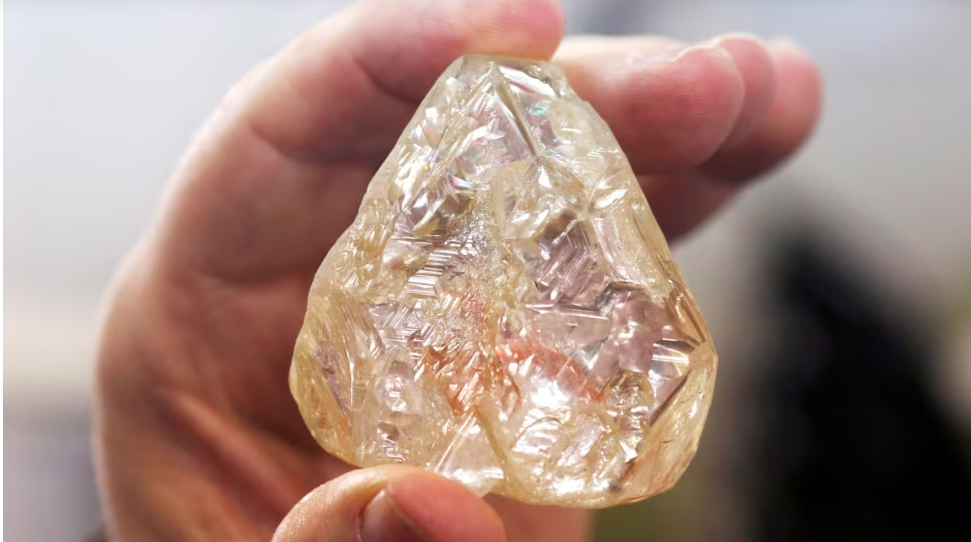 After a prolonged and harrowing experience, a group of foreign diamond dealers has been released following their detention under controversial circumstances. The ordeal, which has attracted significant media attention, highlights the complex dynamics within the global diamond trade and the challenges faced by international dealers operating in various countries.
After a prolonged and harrowing experience, a group of foreign diamond dealers has been released following their detention under controversial circumstances. The ordeal, which has attracted significant media attention, highlights the complex dynamics within the global diamond trade and the challenges faced by international dealers operating in various countries.
The group, comprised of dealers from multiple countries, was detained several months ago in a high-profile case that raised questions about legal practices and human rights in the region. Initially arrested during a routine inspection of a diamond trading operation, the dealers were accused of various offenses, including smuggling and failing to comply with local regulations.
The detention led to a protracted legal battle, with the dealers and their legal teams asserting that they were operating within the law and that the accusations were unfounded. As the case gained international attention, diplomatic efforts intensified, with representatives from their home countries advocating for their release.
Human rights organizations also stepped in, calling for fair treatment and due process for the detained dealers. They argued that the case exemplified broader issues related to the treatment of foreign nationals in the diamond trade, often complicated by corruption and lack of transparency in the industry.
After months of negotiations and legal proceedings, the situation came to a head, culminating in the release of the dealers. While specific details regarding the terms of their release remain confidential, reports indicate that significant financial settlements may have played a role in securing their freedom.
The release of the foreign diamond dealers raises important questions about the state of the diamond industry in the region. The case has highlighted the vulnerabilities faced by foreign dealers in markets where regulations can be ambiguous and enforcement may vary widely. As a result, industry experts are calling for more robust legal frameworks to protect all parties involved in the diamond trade.
 Furthermore, the incident may have lasting repercussions for the relationships between local businesses and international dealers. Trust has been shaken, and many dealers are now reconsidering their operations in regions where the legal landscape remains uncertain.
Furthermore, the incident may have lasting repercussions for the relationships between local businesses and international dealers. Trust has been shaken, and many dealers are now reconsidering their operations in regions where the legal landscape remains uncertain.
In the aftermath of their release, the freed dealers are expected to return to their respective countries and resume their business activities. However, the psychological and financial toll of their ordeal is likely to linger. Many are now advocating for greater oversight and regulation in the diamond industry, emphasizing the need for ethical practices to prevent similar situations from occurring in the future.
As the diamond trade continues to evolve, the incident serves as a stark reminder of the complexities and risks inherent in international commerce. The hope is that lessons learned from this ordeal will lead to improved conditions and safeguards for all players in the diamond market, ensuring that future dealings are conducted with transparency, fairness, and respect for the rights of individuals.

